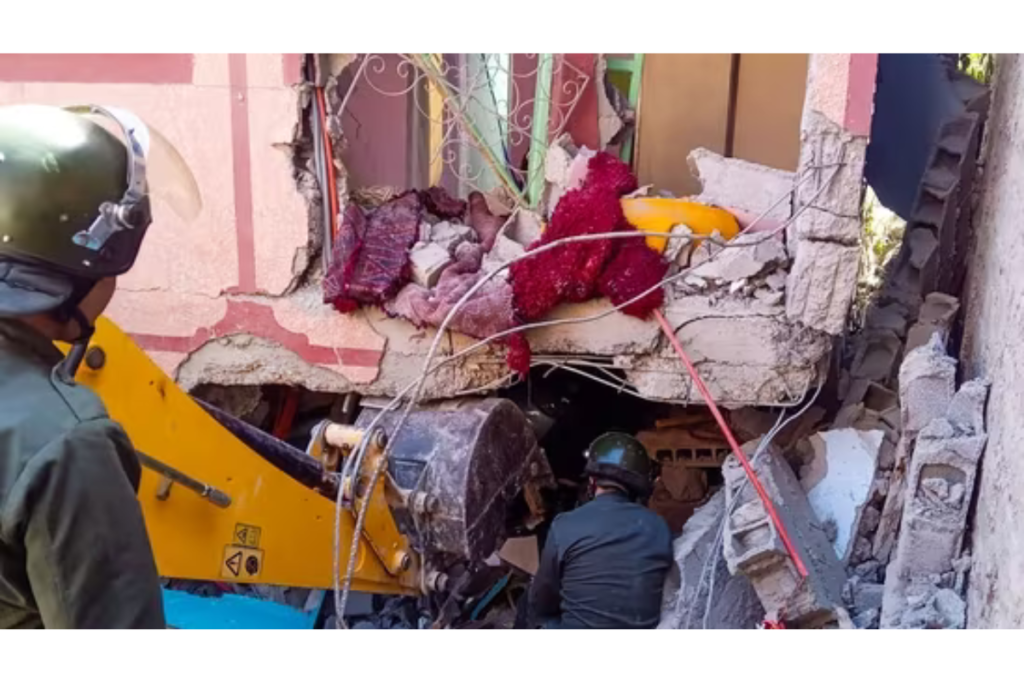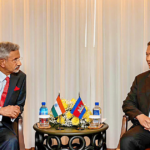Morocco City, A 6.8-magnitude earthquake recently struck Morocco, leaving a trail of destruction in its wake. The seismic event, which struck approximately 44 miles southwest of the city of Marrakesh, has led to a significant loss of life and prompted a swift response from world leaders, including India’s Prime Minister Narendra Modi.

Morocco Earthquake Tragedy: What PM Modi Offers Assistance
The earthquake, originating at a depth of 18.5 kilometres beneath the Earth’s surface, caught the region off guard, causing buildings to collapse and plunging entire areas into darkness due to power outages. The shallow depth and intense shaking contributed to the widespread destruction and panic among the people.
Tragically, at least 632 lives have been lost, and numerous others have been injured and displaced as a result of this event. The Moroccan people have shown remarkable resilience, with communities coming together to support those affected and local and international organisations mobilising to coordinate relief efforts.
In response to the tragedy, Prime Minister Narendra Modi expressed his deep condolences for the lives lost in Morocco. He conveyed his solidarity with the Moroccan people and offered all possible assistance to the nation during this difficult time. India has extended a helping hand by offering humanitarian aid, medical support, and expertise in disaster management, reflecting the strong ties between the two nations.
This earthquake serves as a reminder of the historical context of seismic activity in North Africa. While earthquakes are relatively infrequent in the region, notable past events include the devastating 1960 Agadir earthquake, the harrowing 2004 Al Hoceima earthquake in Morocco, and the tumultuous 1980 El Asnam earthquake in Algeria.
The international community must play a vital role in helping Morocco recover from this earthquake. Collective efforts are essential to rebuilding lives and restoring the affected areas, guiding Morocco towards a brighter and more prosperous future.









